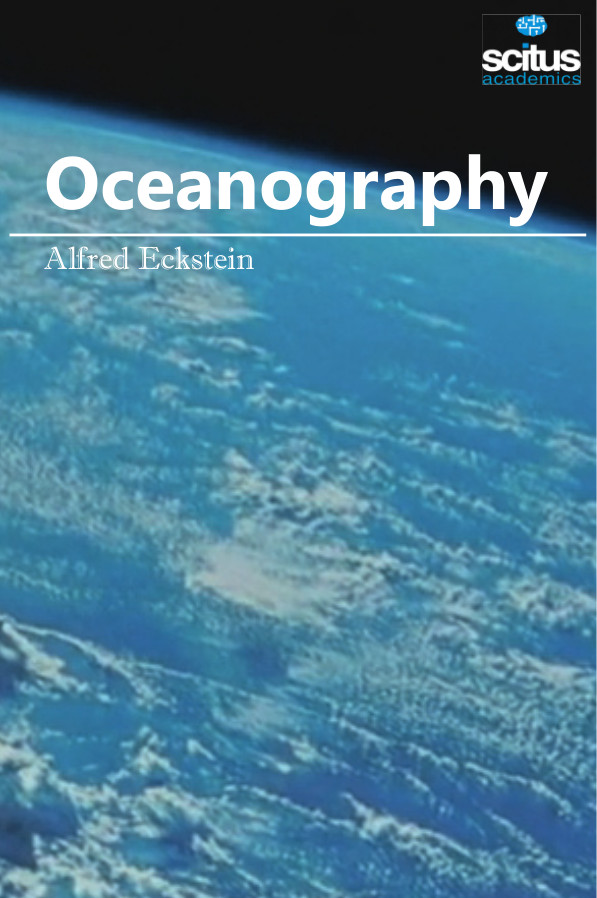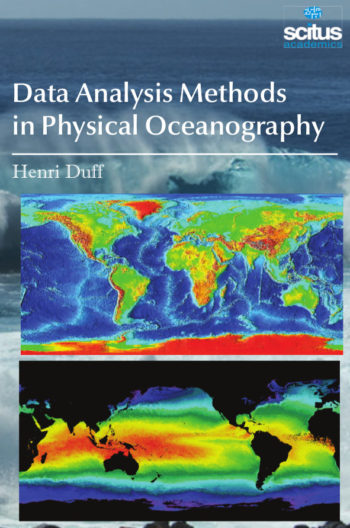Humans have been studying the ocean since pre-historic times when people would venture out from their homes along the coast in rafts. Around 2000-3000 years ago, naturalists and philosophers, including Aristotle, began to try to understand the vast bodies of water. While over 70% of the globe is covered by the ocean, much of it remains a mystery to us. Its immense size, depth, and power entice scientists to uncover the mysteries the ocean holds. Oceanography is the study of the world ocean, including aspects of biology, chemistry, physics, geology, meteorology, and astronomy, among many others.
Oceanography provides a solid integration of physical, chemical, geological, and biological topics. Organized to allow instructors to advance methodically, this book presents latest coverage of the marine world and its organization, giving a complete outline of how and why the fluid earth system acts the way it does. The developments in the field of ocean acoustics over recent years make this book an important tool for specialists in acoustics, oceanography, marine biology, and related fields.
Oceanography covers a wide range of topics, from marine life and ecosystems, to currents and waves, to the movement of sediments, to seafloor geology. As humans have come to populate most corners of the globe, our impact on the oceans is stressing their ability to continue operating normally. Healthy oceans are critically significant to maintaining a healthy planet. Perhaps the most important observation is that oceanography gives us a world view, an understanding, of the global system that is our environment, which can inspire our work, wherever it leads.








